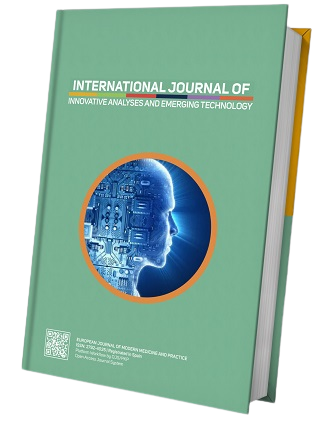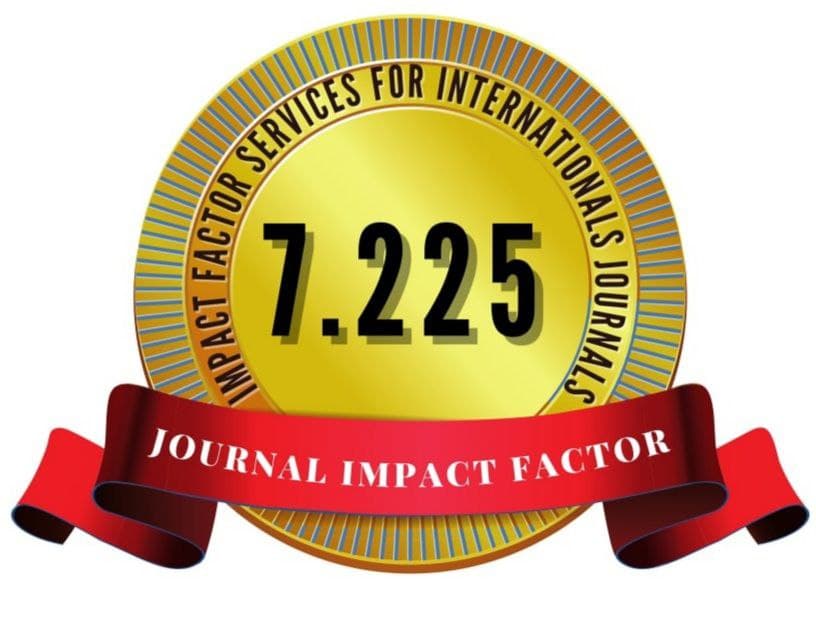Production of Complex Fertilizers by the Method of Decomposition of Poor Kyzylkum Phosphorites with a Reduced Nitric Acid Rate
Keywords:
nitric acid, acid rate, decomposition, rheological properties, pulp, fertilizer, reactorAbstract
It is known that nitric acid processing of phosphates is a more promising and economical way to obtain phosphorus-containing fertilizers. At the same time, nitric acid not only participates in the decomposition of phosphate raw materials, but also its anions remain in the final product in the form of a valuable nitrogen nutrient component. The process of obtaining phosphorus fertilizers consists in converting indigestible forms of phosphorus in phosphate raw materials into forms that are assimilable for plants. This is usually done by acidic methods, that is, the decomposition of raw materials with sulfuric, nitric, phosphoric or hydrochloric acids.
The nitric acid method of processing phosphate raw materials allows the complex use of raw materials components. The main advantage of nitric acid processing is that the chemical energy of nitric acid is not only used for the decomposition of phosphorites, but also NO3- anions in the form of a nutrient component remain in the composition of complex fertilizers.







